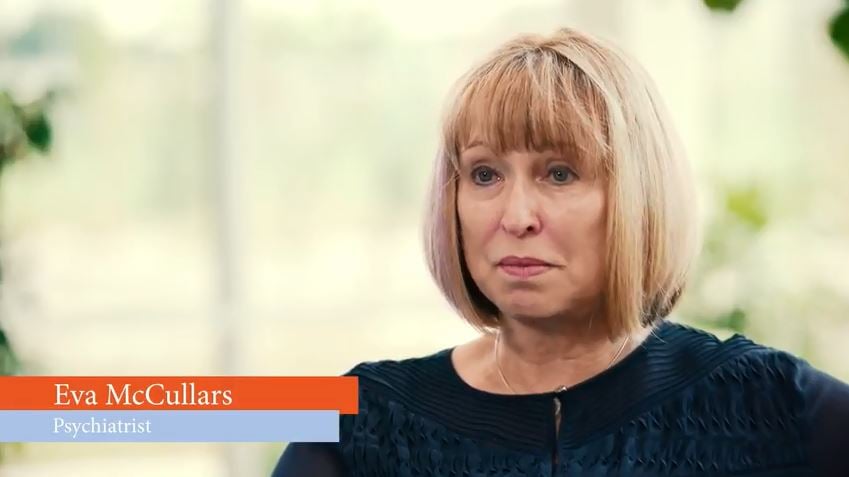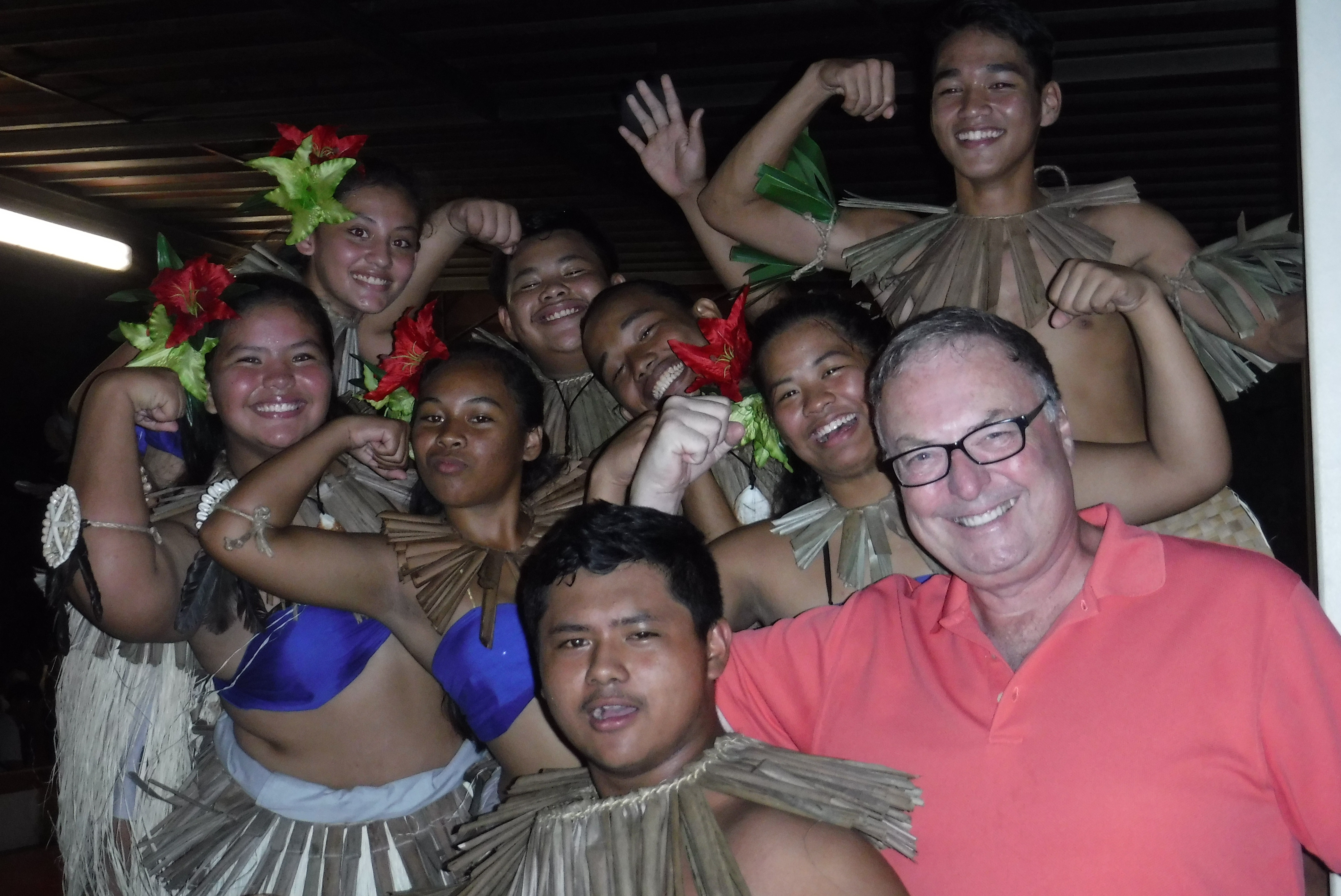Ready to escape the demanding hours of your long-term physician position and instead gain work/life balance, while earning a good living? Want to travel near or far, while getting paid? Then, chances are, locum tenens can benefit you.
An important consideration is whether to take a domestic assignment or an international one. This doesn’t have to be an either/or proposition, as many physicians work both kinds during their career, points out Global Medical Staffing's Dena Sween, especially as they transition out of or back into the U.S.
Still, to help you get started on your first locum tenens assignment, we’ve broken down the pros and cons of both types.
Dr. Anu Taylor on assignment in the U.S. territory of Guam
International assignments
Our international assignments deliver a memorable experience living like a local in another culture, while practicing first-world medicine in a safe environment, in locations such as Guam, Canada, the Caribbean, the U.K., China, or the “down under” countries of Australia and New Zealand. These positions usually involve set hours without on-call time, along with generous vacation time, allowing for extensive travel time while you are there. That’s one of the biggest reasons physicians choose international locums.
International assignments provide adventure and exposure to different health systems, which builds your CV and helps you to increase your skill level. Additionally, many physicians, like Dr. Sara Jalali, report that these assignments reinvigorate their passion for medicine, helping relieve burn out.
Another perk is that we’re placing in more areas of the world than ever before. “There are all of these fantastic options just starting to pop up, so basically what we tell people is to get on our list so that when that really cool new thing comes through, you hear about it first,” Sween says.
Challenges of international assignments can include collecting the necessary paperwork and the requirement to take on longer commitments, often one year. Although there are some three month assignments available in Guam and the Caribbean. Going to Guam and other U.S. territories requires that U.S. physicians possess a U.S. passport but no visa. Plus, as with all positions, it requires credentialing and privileging, often taking three months from the time you accept the assignment.
Paperwork for other international placements takes a little longer; the typical minimum assignment length is longer too. For instance, it usually takes three months to complete the medical registration and visa process for New Zealand, and requires a six-month minimum assignment. The paperwork for credentialing, privileging, licensing, and visa processes in Australia and Canada take six to eight months, and typically require longer assignments, usually one-year minimum.
“There’s going to be paperwork anywhere you go, domestic or international,” Sween points out. “They [the hospital administrators] need to know who’s coming in and working in their healthcare system. The fantastic thing is that we have an amazing team who walks you through all of that and holds your hand throughout the process.”
Another possible challenge of international locums might be an expectations mismatch. For instance, housing may be different from the typical U.S. set up.
“We look at what the local doctors live in, and that’s kind of the level we put doctors into,” Sween explains. “For example in New Zealand, you may not have air-conditioning; that’s standard in the area. Having that flexibility in your expectations and listening when our recruiters are setting those expectations is really important.”
She adds that part of the reason many physicians choose an international assignment is to live like a local. “It’s part of the adventure.”
Other possible challenges: Practicing medicine in another country might involve differences. Also, many people feel both excited and nervous about the assignment.
These are valid concerns, Sween points out, but it’s rare that a physician takes an international assignment and feels like it wasn’t worth their time or that their family didn’t bond because of it. The keys are to communicate your expectations with your recruiter, and then go with an open mind.
Dr. Anita Haugabrook takes a selfie with colleagues while on assignment in the U.S.
Domestic assignments
If you want less adventure or can’t leave the U.S. for several months, choose a domestic assignment instead of an international one, Sween says. Domestic assignments allow you to take on very short assignments. They provide more flexibility, more choice, and more options. You choose your pay, your schedule, and your working conditions.
“You can do weekend work. You can commit to five shifts a month,” Sween explains. “That’s the beauty of domestic work, the flexibility.”
Another benefit is that domestic assignments pay more than international assignments, and often more than a long-term position, especially for hard-to-fill shifts or specialties, like psychiatry.
Some physicians choose domestic assignments in order to spend time near their family/college kid, to tackle their travel bucket lists, or to use their skills to help a vulnerable population. Other motivations include spending more time with family, combating physician burn out, avoiding extensive admin and billing paperwork, and taking charge of their destiny.
Possible challenges can include the paperwork involved in getting licensing in other states, or for some positions, requirements can be very specific (i.e. certain certifications, experience, or training). However, don’t let those possible challenges hold you back. We have all kinds of assignments across specialties all over the U.S. and are committed to helping physicians find what they’re looking for.
Reach out to us today
If you’re interested in learning more about locum tenens, contact us. “Let us know what your expectations are, so we can find you a great fit,” Sween encourages. “And feel free to call us ahead of time, even years before you can go international. We can answer questions along the way, or place you in domestic assignments, or help you start planning in a certain direction to turn those dreams into reality.”
Ready to launch your own locum tenens adventure? Click the button below to browse our current opportunities or give us a call at 1.800.760.3174.



 Back
Back









